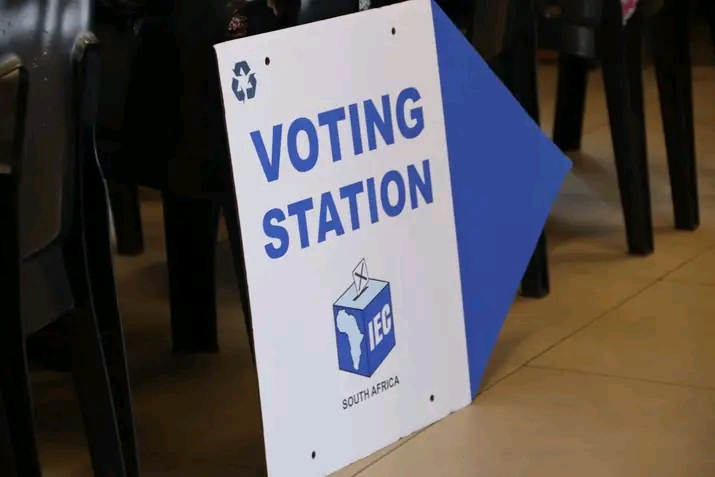By: The Editor-in-Chief
Democracy, the cornerstone of modern governance, thrives on a fundamental principle – the existence of a robust opposition. Across the diverse nations of Africa, the importance of a strong opposition cannot be overstated in the pursuit of stable, accountable, and flourishing democracies. But why do African democracies need strong opposition? In this editorial, we delve into this question and explain why a strong opposition is crucial for stable democracies across Africa.
Fostering Accountability: One of the primary virtues of a strong opposition lies in its ability to hold the ruling party accountable. In a democracy, leaders must be answerable to the people they serve. A vigorous opposition, by scrutinizing policies, challenging decisions, and demanding transparency, helps ensure that the government remains on the right track. When opposition voices are silenced or suppressed, it weakens the checks and balances essential for a thriving democracy.
Encouraging Inclusivity: A diverse and inclusive society is a hallmark of a successful democracy. A robust opposition represents the voices of citizens who may have differing perspectives, backgrounds, and interests. These diverse viewpoints contribute to well-rounded policies that take into account the needs of all segments of society. Suppressing opposition leaders can result in an exclusionary political landscape, which undermines the very essence of democracy.
Preventing Power Concentration: Concentration of power in the hands of a single party or leader poses a significant threat to democratic stability. A strong opposition provides a counterbalance, preventing any one entity from becoming too dominant and potentially authoritarian. When opposition leaders are targeted or oppressed, it perpetuates the dangerous illusion that a one-party state or unchecked power is acceptable, endangering the foundations of democracy.
Promoting Civic Engagement: Democracy flourishes when citizens are actively engaged in the political process. A vigorous opposition motivates people to participate, as they see the potential for change and representation of their views. Suppression of opposition, on the other hand, can lead to disillusionment and apathy among citizens, eroding the very essence of democracy as a government of the people.
Concerns of Suppression: It is disheartening to observe the constant suppression of opposition leaders in various African nations. Such actions include arrests, restrictions on political activities, and intimidation tactics. These actions not only violate democratic principles but also hinder the development of accountable and stable governance.
All and above, African democracies need strong opposition because a thriving opposition is not a threat but an asset. Embracing dissenting voices fosters a climate of healthy debate and progress. While security and stability are vital, they should not be used as pretexts to silence opposition. To achieve lasting stability and progress, African nations must reaffirm their commitment to democratic values, where the opposition is not a foe but a vital partner in nation-building.


